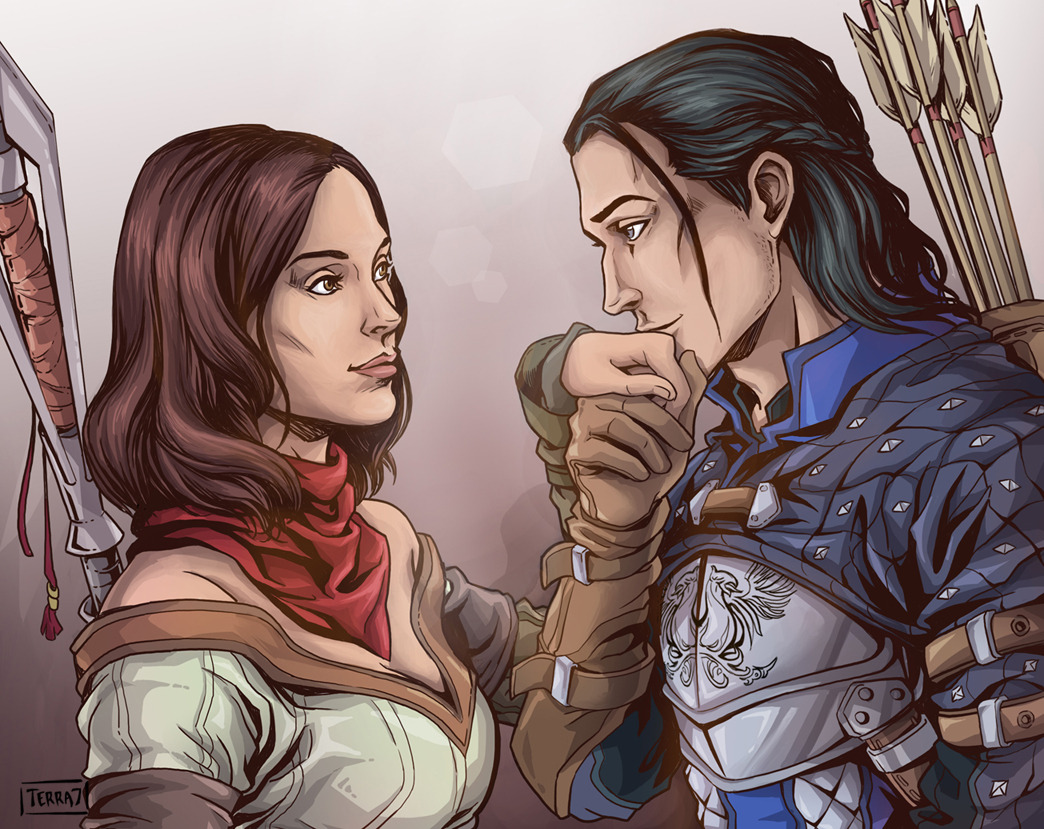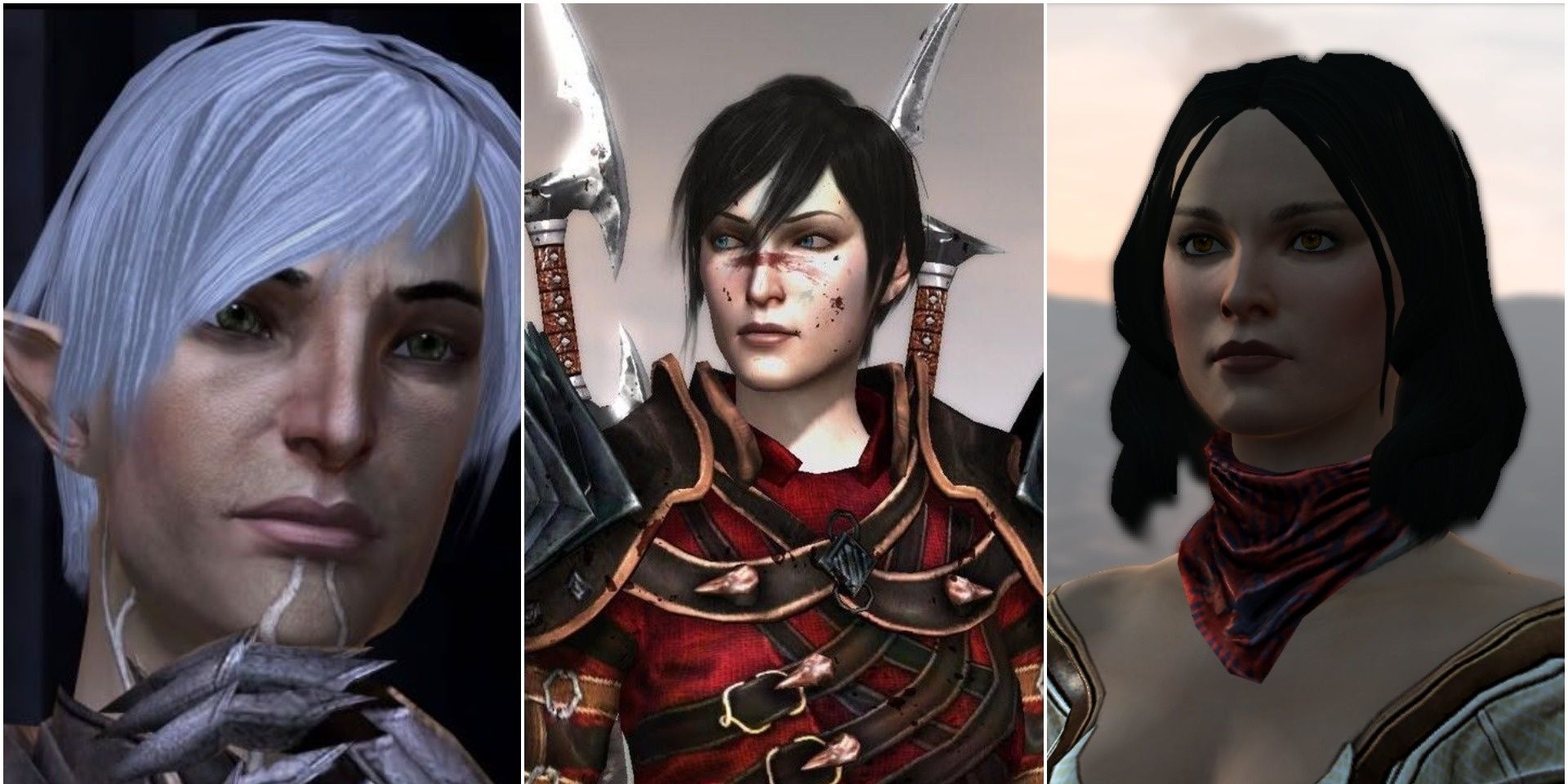


Games like Jay Dragon’s Sleepaway, which offers gender options such as “a rusted blade” and “freight train”, furthered not only my enjoyment of tabletop roleplaying games, but my understanding of gender and gender presentation. It’s not an experience of gender that matches my own, but the chance to explore and embody it has been wonderful. I currently play a character without any understanding of gender who changes pronouns to match those of the person they’re talking to. The appearance-obsessed Bethany - a head-cheerleader bard made for a modern-day D&D campaign - made sense to me in a way a cis alternative wouldn’t have when I aligned her vanity with a compulsive need to be deemed attractive and feminine in order to feel valid and accepted as a woman within a cis-normative and patriarchal society (a need I myself felt early on in my own transition).Ībove that, creating characters that interrogate the concept of gender has been a brilliant experience. The reason Father Melph ran from his home and set up a discrete life in a small village was to escape transphobia, something I have and do experience in my day-to-day life (although to a different extent). The characters I’ve made since this decision have felt so much more real and three-dimensional right from the get-go. Rather pretentiously, I made a declaration: cisgender people tend to exclusively play cisgender TRPG characters, so what was wrong with me only playing transgender characters? Jay Dragon's RPG Sleepaway offers gender options such as “a rusted blade” and “freight train”. I unlocked what I’d been missing playing tabletop roleplaying games prior.

Some will be interested in exploring a more realistic treatment of non-cis identities, others will want escapism. In situations like this, the conversation between GM and player about what level of historical transphobia we’re comfortable with is vital. Some players will be interested in exploring a more realistic treatment of non-cis identities, others will want escapism. It was rewarding to explore this side of my identity. I felt so much more invested in the game itself just by virtue of seeing myself in Phineas in a way I hadn’t any other character.

I was invited to a Call of Cthulhu game set in 1930s England and created Phineas Melph, a nervous but kind-hearted priest, who hid his identity as a transgender man from the townsfolk.Įven though it was only a three-shot, I found myself connecting to Phineas more than I had any of my previous tabletop roleplaying game characters.


 0 kommentar(er)
0 kommentar(er)
